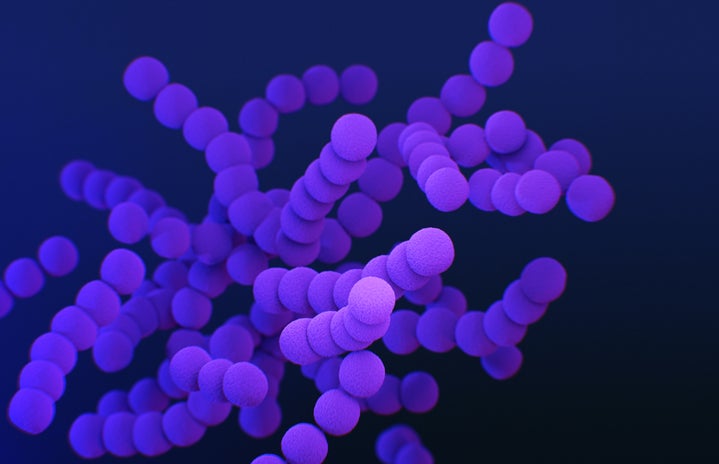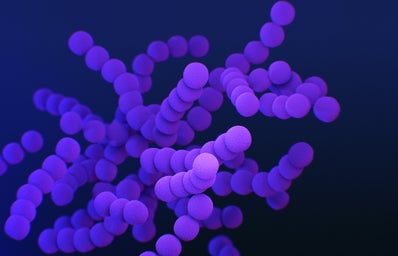There’s a reason that the gut is sometimes referred to as the “second brain” of the body. The human body contains around 40 trillion bacteria, the majority of which are found in the intestines. Collectively, these bacteria are known as the gut microbiome. This structure of bacteria has a massive impact on your immune system and the physical health of your body, just as much as it does on your brain. As more research is published regarding the factors contributing to gut health, scientists are beginning to better understand the links between digestion, mood, and cognitive processes.
There are both good and bad bacteria in the gut. When the healthy gut bacteria aren’t in balance or as active as they should be, the bad bacteria take over, which usually results in illness or disease. Although these are natural, continuous biological processes that often go unnoticed, you have more control in balancing the bacteria in your gut than you might think.
Let’s start with the basics: pre, pro, and postbiotics. Prebiotics are the fuel for good gut bacteria and are mostly found in whole foods full of fibre such as oats, bananas, and apples, as well as garlic, onions, and leeks. Prebiotics are like carbohydrates your intestines can’t digest. They go straight to your lower digestive tract where they act like food for healthy bacteria, the probiotics, to grow. Probiotics are the true stars of good gut bacteria. They help restore the natural acid balance in the stomach and intestines, especially when it’s been disrupted by illness or treatment, as well as keep other systems of the body healthy, such as the skin and the respiratory tract. Foods like yoghurt, kefir, sauerkraut, miso and almonds are packed full of healthy probiotics.
Postbiotics are what probiotics produce when they consume prebiotics. Healthy postbiotics include nutrients such as vitamins B and K (found in foods like cheese, milk, oily fish, and leafy greens), amino acids, and substances called antimicrobial peptides that help to slow down the growth of harmful bacteria. Other postbiotic substances called short-chain fatty acids help healthy bacteria flourish. The balance of all of these microbes working in unison is what maintains a healthy immune system and gastrointestinal (GI) tract.
So what happens when we have too much or too little of each type of bacteria? Often we catch a cold or more serious illness, or are more prone to physical ailments. But the important thing is that since the brain and gut are so connected, any harm to the gut will likely cause harm to the brain, and vice versa. Have you ever felt nauseous or lost your appetite before an exam or stressful event? Or felt a pang of hunger just thinking about a food you have been craving? There is a direct line from your brain to your gut, an awareness of which is important to keep them both healthy.
Psychosocial factors influence the actual physiology of the gut, as well as symptoms for digestion problems. Stress, depression, and anxiety are correlated with issues such as IBS and stomach pains. And conversely, irritation in the gastrointestinal system sends signals to the central nervous system that trigger mood changes. There is lots of published evidence regarding the connections between anxiety and digestion. Many studies have found that because of this brain-gut connection, psychologically based approaches to treatment have a greater impact on digestive symptoms compared to solely conventional medicine.
Having the knowledge of how your diet impacts your digestion makes a huge difference in maintaining a healthy gut microbiome. The more you can boost the good gut bacteria in your body and inhibit the bad gut bacteria, the more your gut microbiome thrives. And due to the complex connections between the brain and the gut, a happier mind means a happier body.


